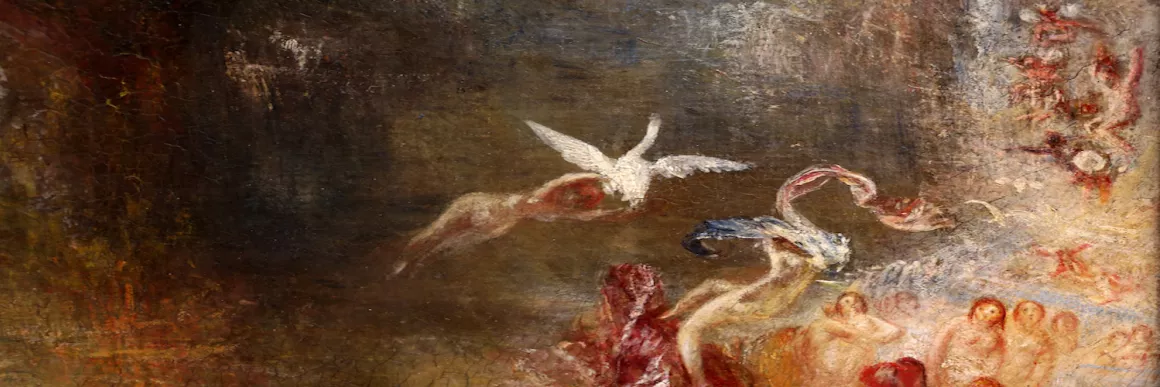A careful look at Shelley's early work shows that he is capable, virtually from the start, of writing polished verse in a range of stylistic registers, and that the early verse, even in its most apparently eccentric gestures--perhaps especially in these gestures--is very much a part of its own cultural habitus rather than merely being personally idiosyncratic. In its moments of wildness, then, its more abandoned forays into Sensibility, the Gothic, political satire, and vulgarity, Shelley's early verse offers an aesthetics of excess and a politics of resistance that provides telling access to the fissured byways of early Regency culture, as well as to Shelley's art and thought in general. For far too long, the early Shelley has existed in a state of spectral supplementarity to the "real" Shelley. The essays of this volume, which were originally commissioned for a session on the young Shelley at MLA in 1996, begin to explore what it might mean to give voice to the "wild boy."

